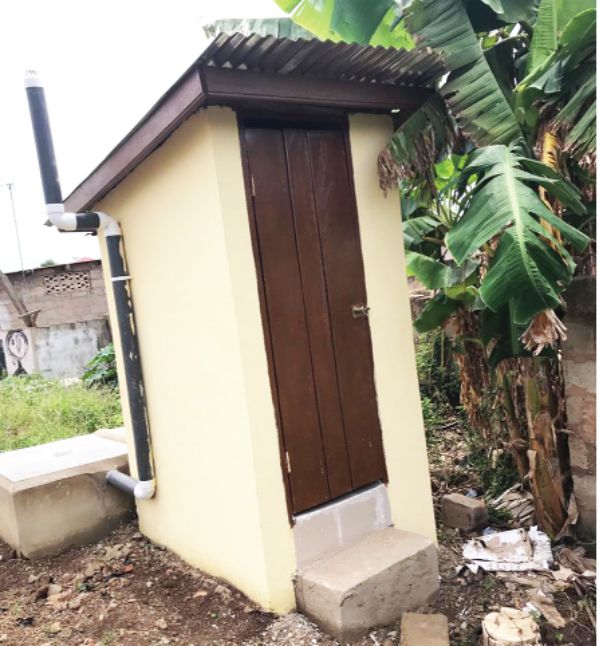
Think right, say no to open defecation
All the languages spoken in the country have expressions to reflect the fact that good health is wealth.
A healthy member of a family, and by extension the society, is an asset for growth and development, as it takes the contributions of strong and healthy individuals to smoothly turn the wheels of development.
It is, therefore, worrying to learn that many still do not see the wisdom in cleanliness and continue to engage in unhealthy practices such as open defecation, considering its repercussions on the health of the environment and its habitat.
The Sustainable Development Goal Six has the target of reaching everyone with proper sanitation by 2030, a target many consider a mirage, owing to the unfortunate situation of many homes and even public institutions being without this basic necessity of life.
One can only say that the lack of toilets is a grave global issue which obviously triggered the institution of November 19 as World Toilet Day to raise awareness of and inspire action to tackle the global sanitation crisis.
Consequently, this year’s theme for the World Toilet Day celebrations draws attention to the issue: “When nature calls”, in recognition of this worrying situation and with a focus on how to halt the annual cholera outbreaks in parts of the country.
In Ghana, for example, reports indicate that one in five Ghanaians defecate in the open, with the beaches serving as safe haven for some of these perpetrators.
Statistics also show that open defecation is causing a lot of health hazards, such as cholera, diarrhoea and dysentery.
In some places, one may cite poverty as a reason for the lack of toilets, but all toilets do not necessarily have to be water closets.
There are several hygienic and well-designed toilets that can be constructed in homes, schools and communities at fairly low cost.
Elsewhere in the paper, reports from some parts of the country, including the capital, Accra, Tema, Kumasi, Cape Coast, Sunyani and Tamale, show a sorry situation as most homes do not have this basic requirement, forcing residents to rely on communal toilets, which are meant for persons in transit, or take to the open in response to the call of nature.
These perpetrators have, somehow, been emboldened by the lack of prosecution and severe punishment to carry on with their negative acts.
We need courage to stop this menace and so we continue to insist that the way forward does not lie in pontification or mere education. Public education must be backed by behavioural change in order to end this shameful practice.
The Mirror, for the umpteenth time, urges all to be one another’s keeper and not lose sight of the fact that the environment exists to serve our sustenance.
In that sense, it behoves all to ensure its protection and make it self-sustaining and safe.
Ghana will always put in place very laudable initiatives towards the development of the national economy, but if Ghanaians do not change their attitudes, nothing good is going to happen.
We must be serious with plans to improve access to toilets.
This brings to the fore the need for the assemblies to initiate policies to intensify campaigns against the phenomenon and make their bye-laws to bite without fear or favour.
The Mirror also calls on the city authorities to be pragmatic in dealing with squatters, since they contribute immensely to the phenomenon.
The Mirror pledges its support to the assemblies and will help with the naming and shaming of culprits.
Certainly we cannot continue doing business as usual and expect different results.The time to act is now!
